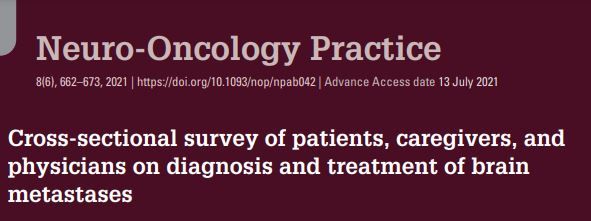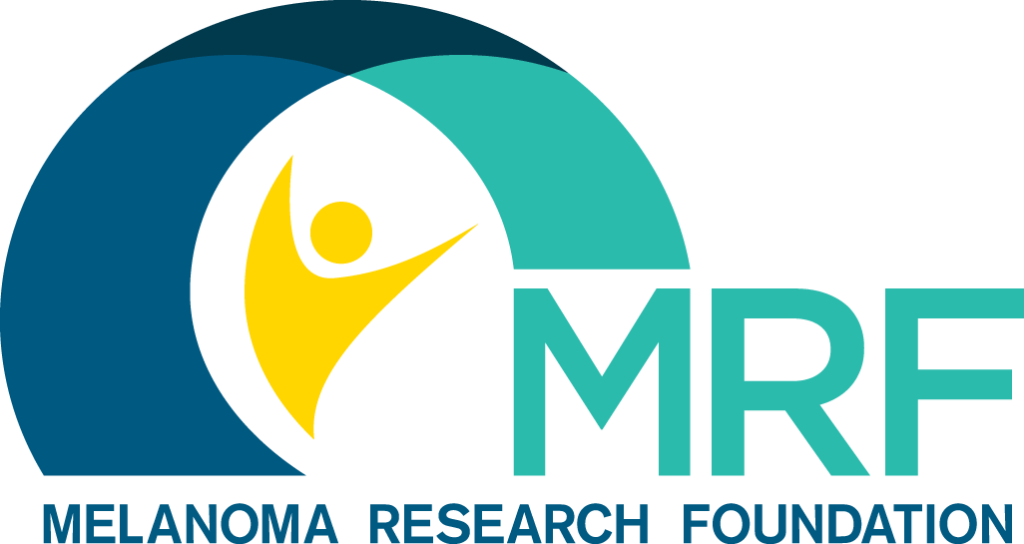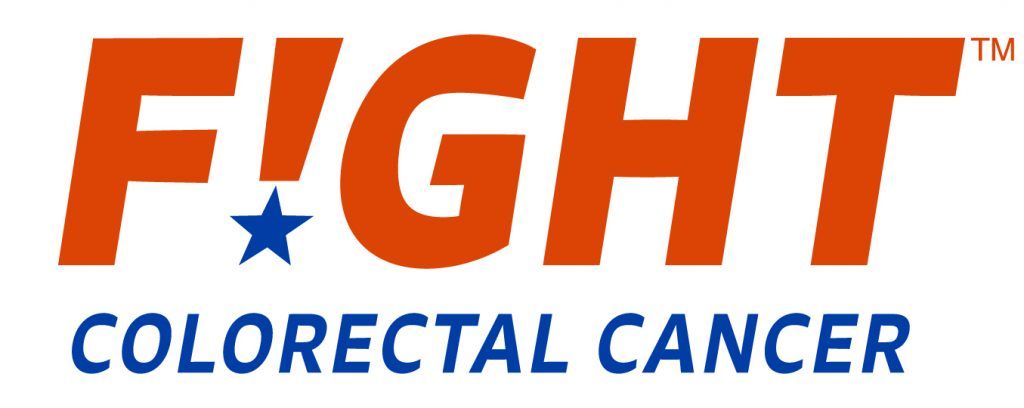Metastatic Brain Tumor Collaborative
As the leader of brain tumor education, support services and research, the ABTA created the Metastatic Brain Tumor Collaborative to inform, support and empower patients diagnosed with a metastatic brain tumor.
Metastatic brain tumors start somewhere else in your body and travel to the brain. Lung, breast, kidney, colon, and melanoma (skin) cancers are typically the most common cancers that spread to the brain.
Metastatic brain tumors are the most common type of brain tumors in adults. Current estimates suggest approximately 200,000 adults are diagnosed annually in the U.S. And unfortunately, the average prognosis following diagnosis is only a few months.
Discovering that there are no patient advocacy organizations dedicated to metastatic brain tumor education and support, the American Brain Tumor Association decided more needs to be done to serve this patient population.
Metastatic Brain Tumor Collaborative CNS Metastasis Research Grants
CNS Metastasis Research Grants provide $50,000 over one-year to support researchers to conduct metastatic CNS tumors or leptomeningeal disease-focused projects that are applicable to at least two different primary cancers

Sherise Ferguson, MD
Project Title: Evaluating the therapeutic efficacy of NK cell immunotherapy for CNS metastasis
Institution:The University of Texas MD Anderson Cancer Center
Central nervous system (CNS) metastases are a significant contributor to melanoma patient suffering and mortality. While immune checkpoint inhibitors have significantly improved the prognosis for patients with advanced melanoma, including those with CNS disease, a notable proportion of patients do not achieve a long-lasting tumor response. Natural Killer (NK) cell therapy is an emerging immunotherapy platform that is currently being evaluated in clinical trials, including in patients with brain tumors. We propose a novel NK cell immunotherapy strategy for patients with melanoma CNS metastases. In this project we will evaluate this innovative therapy in both brain metastasis and leptomeningeal disease (LMD). If successful, we will open a new immunotherapy option for patients with melanoma CNS metastasis. Specifically, this work can potentially lay the foundation for clinical trial development with NK cells as an immunotherapeutic strategy for melanoma brain metastasis and LMD. If efficacious in melanoma, this therapy could be extrapolated to other tumor pathologies that are burdened with brain metastatic disease and/or LMD.

Alireza Mansouri, MD
Project Title: Cerebrospinal Fluid Proteomic Signatures of Leptomeningeal Disease
Institution: The Pennsylvania State University College of Medicine
Leptomeningeal disease (LMD) is a devastating development in many people with cancer consisting of the spread of primary cancer cells to the spinal fluid and the linings of the brain and spine. Our understanding of LMD is limited to small studies that do not differentiate between the different solid tumors that the disease arises from. As a result, we have very limited treatment options available. Intraventricular chemotherapy (chemo is pumped into the fluid-filled spaces in the brain) is one option, but it is invasive, and we do not know which patients are most likely to benefit from it. Another challenge is that the tools currently available are not sensitive enough to diagnose LMD consistently and we have a hard time following the disease to make sure there is a response. Our proposal seeks to use one of the largest spinal fluid sample banks in the nation dedicated to patients with LMD to better understand the biology behind the development of this disease and to improve our ability to diagnose and monitor it. Successful completion of this proposal will identify candidate proteomic biomarkers that can be used to: 1) Improve the diagnosis of LMD; 2) Provide more detailed understanding of disease biology, breaking it down by exact tumor subtype; and 3) Find biomarkers that help us predict response to intraventricular therapy, so that we can pick the right patients for that treatment. This data will inform a well-powered prospective study designed to refine the management of individuals with this disease in the future.
CNS Metastasis Grants are supported by MBTC partners, American Brain Tumor Association, the Metastatic Breast Cancer Alliance, Lungevity, the Melanoma Research Foundation, and the Kidney Cancer Association, with additional support from Tap Cancer Out.
Advisors
The Metastatic Brain Tumor Collaborative is guided by national medical experts. Meet our advisors.




Learnings and Outcomes
A first-of-its-kind survey of patients, caregivers and physicians on the diagnosis and treatment of brain metastases, conducted by the ABTA as part of our Metastatic Brain Tumor Collaboration, revealed disparities in practice patterns and communication around metastatic brain tumors.
These data highlight the need to increase accessibility to clinical trials, establish clear standards of care and improve physician-patient communication reflective of the unique needs of patients with brain metastases.
The survey results have been published in the journal Neuro-Oncology Practice.

Free Educational Resources
Metastatic Brain Tumors Educational Brochure
Learn about diagnosis, treatment options, prognosis and resources.
Insight Into the Brain Metastases Journey
This recorded program informs and empowers metastatic patients and their caregivers to make decisions about the diagnosis, treatment and care of a brain metastasis.
Metastatic Brain Tumors – Questions to Ask Your Doctor
Questions to ask your doctor when newly diagnosed.











